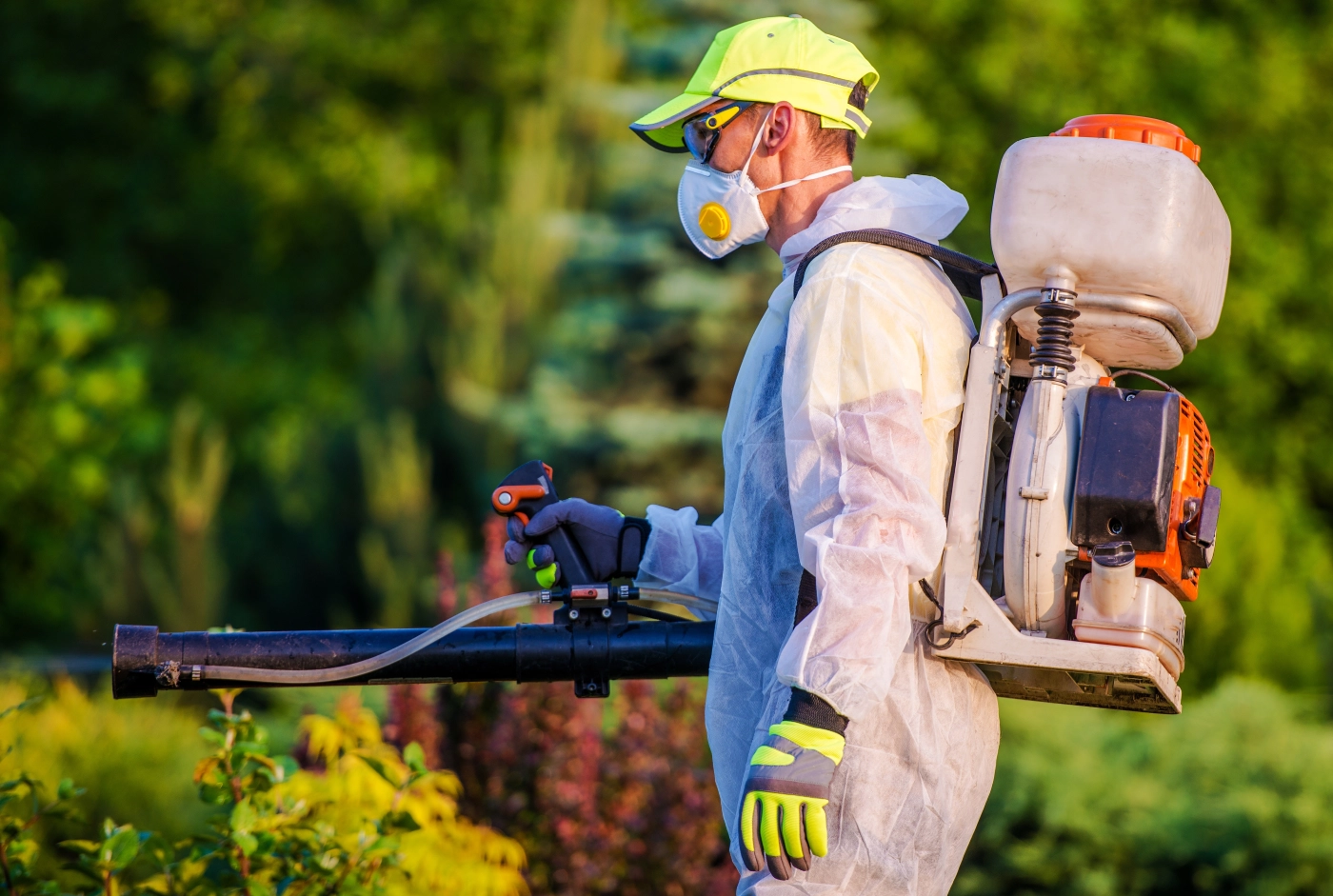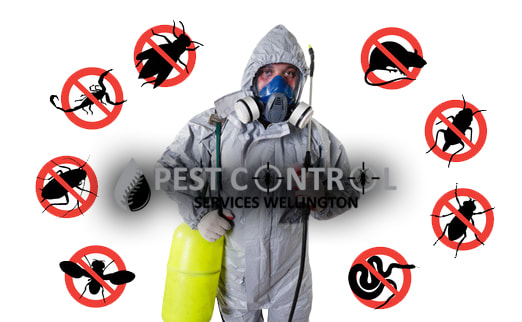Premier Pest Control Clovis Services: Your Satisfaction
Premier Pest Control Clovis Services: Your Satisfaction
Blog Article
Comprehending the Different Strategies to Pest Control: A Comprehensive Guide

All-natural Insect Control Approaches
Employing environment-friendly strategies such as friend growing and organic pest control is vital for effectively taking care of pests in farming settings. Companion growing involves expanding various crops in proximity to deter pests, improve nutrient uptake, and improve general crop wellness.
Biological parasite control entails presenting natural predators or microorganisms to manage pest populaces. Ladybugs, for instance, feed upon aphids, controlling their numbers without the demand for chemical pesticides. One more example is the usage of Bacillus thuringiensis (Bt), a microorganism that targets details insect pests while being harmless to human beings, animals, and helpful pests.
These environmentally friendly methods not just reduce the dependence on artificial pesticides yet likewise assist preserve biodiversity and dirt health. By integrating all-natural bug control methods into agricultural techniques, farmers can attain lasting bug monitoring while minimizing adverse effect on the environment.

Chemical Pest Control Solutions
In addition to natural parasite control approaches, the application of chemical parasite control solutions plays a significant function in properly taking care of pest populations in agricultural atmospheres. Chemical insect control remedies are developed to target specific bugs that may trigger considerable damage to plants. These remedies commonly include synthetic chemicals that are created to remove pests quickly and successfully.
One of the vital advantages of chemical pest control options is their effectiveness in managing pest infestations widespread. Farmers can apply these remedies using numerous approaches such as splashing, fumigation, or seed therapy to secure their plants from hazardous pests, weeds, and illness. Furthermore, chemical insect control solutions are fairly very easy to use and can give rapid results, assisting farmers safeguard their returns and decrease financial losses.
However, it is vital to use chemical parasite control remedies deliberately to lessen possible negative influences on the atmosphere, non-target organisms, and human health. Correct application strategies, adherence to safety and security standards, and regular surveillance are critical to make certain the accountable use chemical bug control solutions in agricultural methods.
Organic Pest Control Approaches
Biological insect control comes close to utilize all-natural killers or microorganisms to take care of insect populaces in agricultural settings properly. This technique uses a environment-friendly and sustainable remedy to pest monitoring, decreasing the reliance on artificial chemicals and reducing damage to the atmosphere. One usual biological control method is the intro of natural enemies, such as ladybugs or parasitical wasps, to target specific insects. These predators eat the parasites, helping to control their populaces normally - pest control clovis.
An additional biological control technique entails utilizing microorganisms like bacteria, viruses, or fungi to infect and kill parasites. Generally, organic pest control strategies provide a sustainable and targeted remedy to pest administration in agriculture.
Integrated Parasite Monitoring (IPM)
Integrated Insect Administration (IPM) is an extensive technique that incorporates different insect control approaches to efficiently manage and decrease pest populaces in farming systems. IPM concentrates on long-term avoidance of pests with a combination of organic, cultural, physical, and chemical control methods. By incorporating these various approaches, IPM aims to reduce dependence on chemical pesticides, reduce environmental impact, and promote lasting pest monitoring methods.
One trick facet of IPM is the use of biological controls such as natural predators, bloodsuckers, and virus to control parasite populations. This approach harnesses the power of nature to maintain an equilibrium between parasites and their natural opponents without creating harm to the atmosphere.
Additionally, IPM includes cultural techniques like crop hygiene, rotation, and environment manipulation to develop unfavorable problems for bugs and interrupt their life cycles. Physical controls such as catches, visit here composts, and obstacles are additionally used to avoid parasite invasions.
Physical and mechanical Parasite Control Methods
Using non-chemical techniques, such have a peek at this website as physical and mechanical bug control strategies, is a vital element of thorough bug administration methods, building on the foundation of Integrated Parasite Management's all natural approach. Mechanical bug control entails using physical obstacles or traps to avoid pests from accessing and damaging plants or structures. This technique can consist of techniques like setting up displays on home windows, making use of row covers in farming, or using sticky catches to catch bugs.
Physical insect control approaches, on the other hand, concentrate on straight getting rid of bugs with physical ways. For instance, utilizing warm therapies to remove bed bugs or vacuuming up bugs like ants or crawlers can be efficient means to handle problems without the use of chemicals. By including these mechanical and physical bug control strategies right into an Integrated Bug Monitoring plan, individuals and professionals can decrease dependence on chemicals while still successfully lessening and taking care of pest populations damage.
Final Thought

In addition to all-natural pest control approaches, the usage of chemical bug control remedies plays a significant role in properly taking care of pest populations in farming atmospheres.One of the crucial advantages of chemical parasite control options is their effectiveness in controlling bug invasions on a big range.Integrated Pest Administration (IPM) is a detailed technique that integrates various bug control methods to effectively manage and minimize pest populations in agricultural systems.Making use of non-chemical methods, such as mechanical and physical bug control strategies, is a crucial facet of extensive bug monitoring approaches, building upon the structure of Integrated Parasite Administration's alternative hop over to here technique. By including these mechanical and physical pest control strategies right into an Integrated Parasite Management strategy, specialists and individuals can decrease reliance on pesticides while still properly taking care of pest populaces and lessening damage.
Report this page